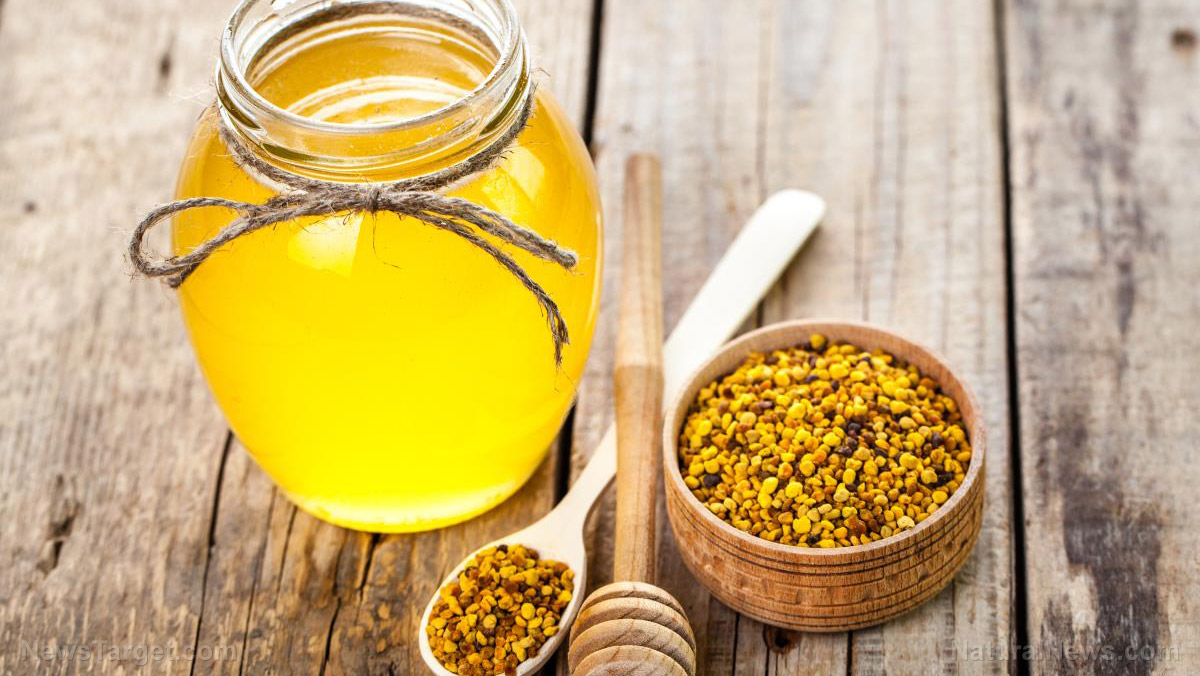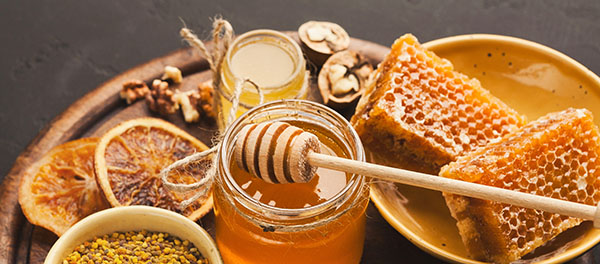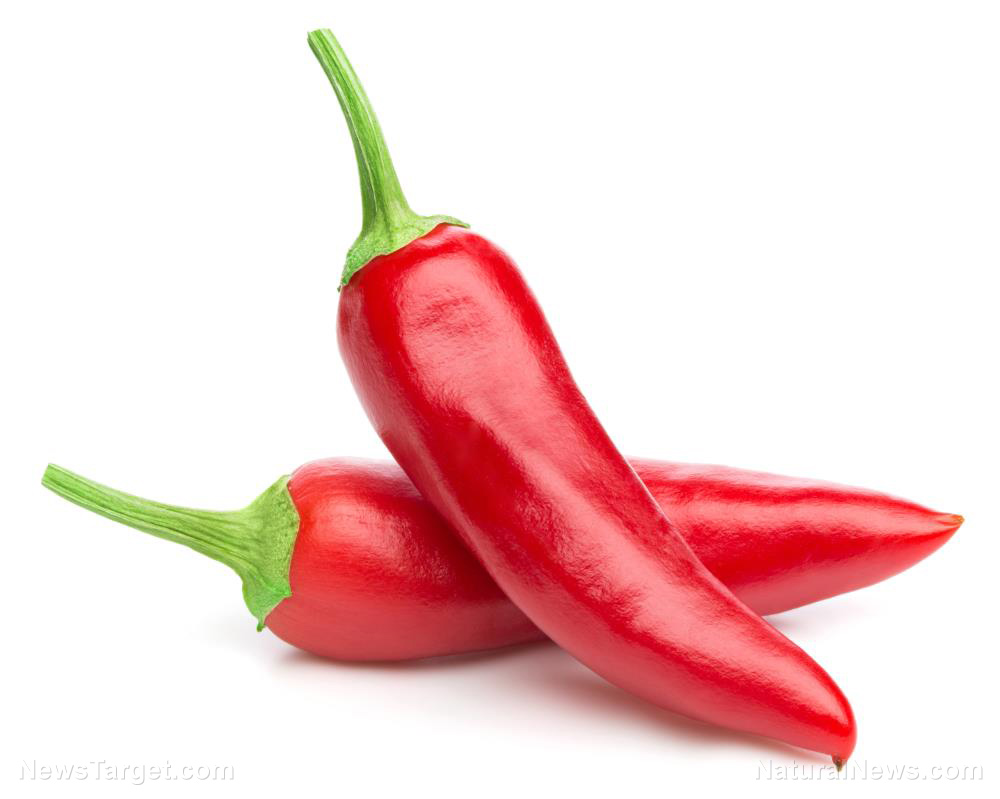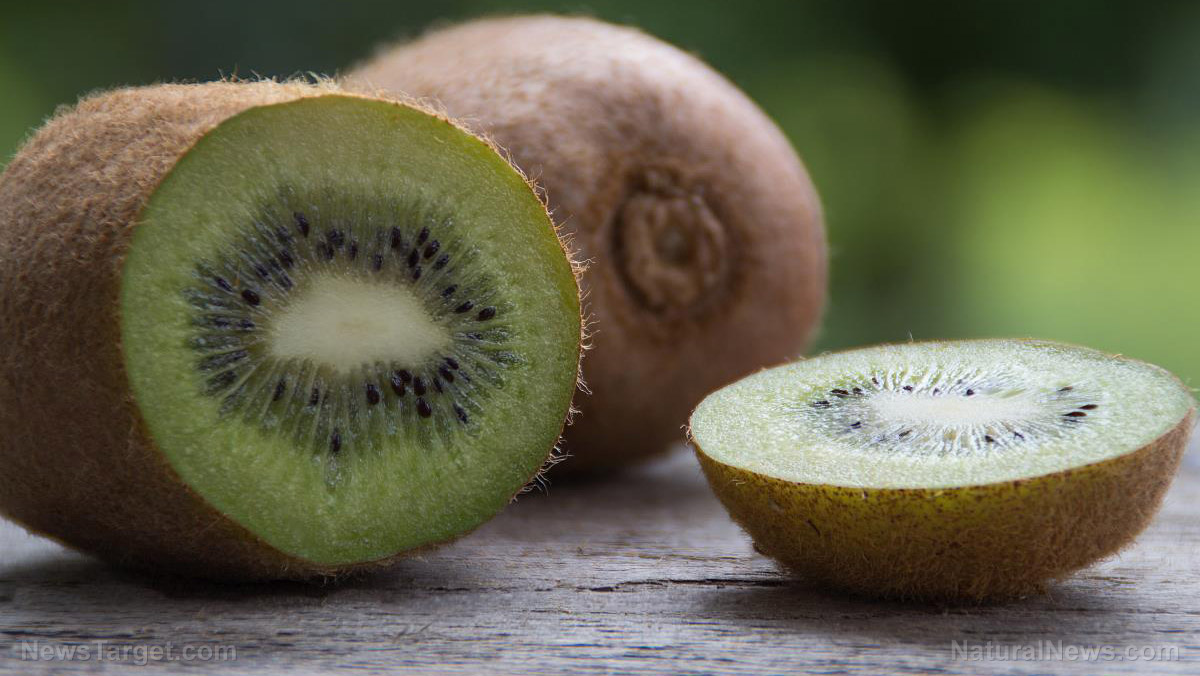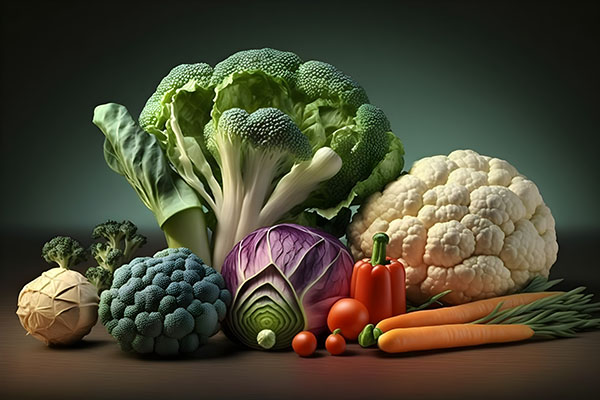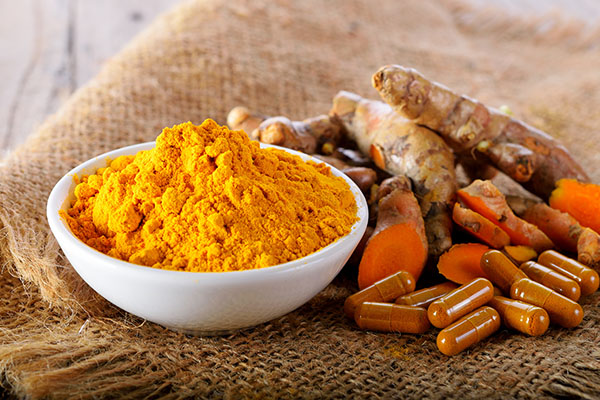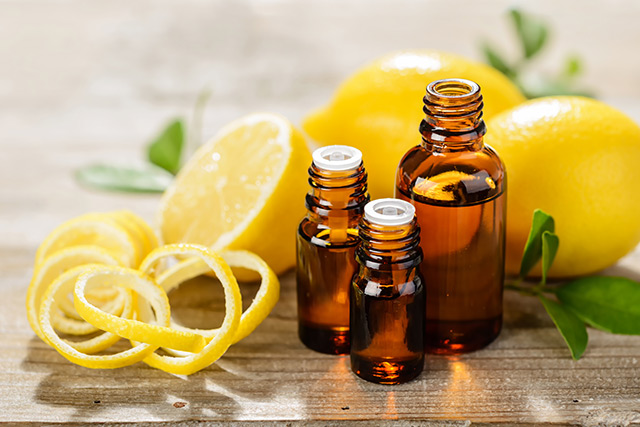Health benefits of switching to a natural sweetener like monk fruit
10/03/2023 / By Olivia Cook
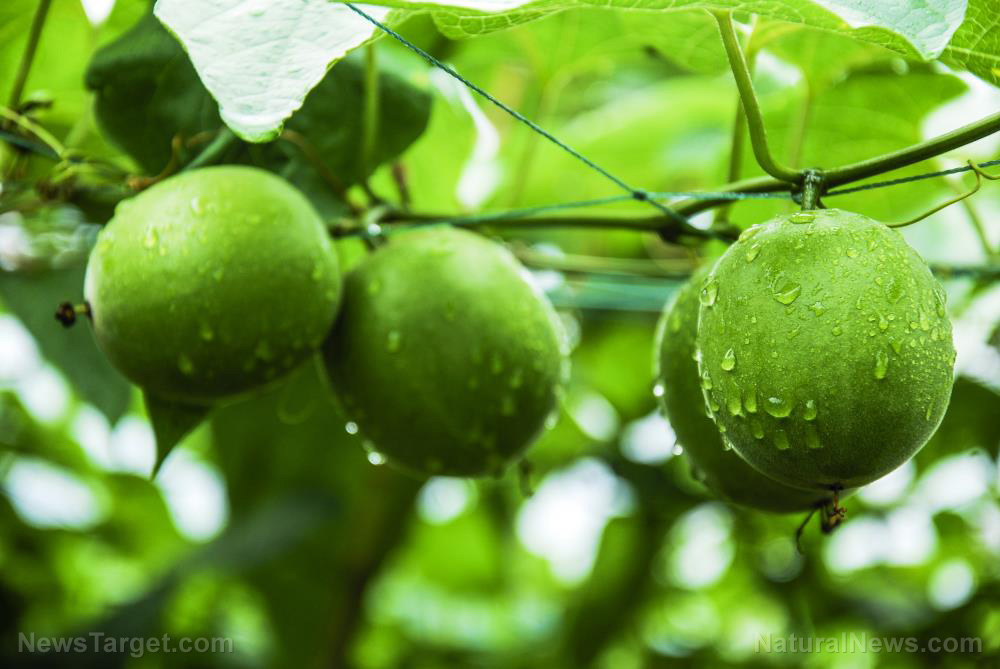
Monk fruit (Siraitia grosvenorii) is a member of the Cucurbitaceae (gourd) family which includes squash, pumpkins, cucumbers and melons. This fruit, known as “luo han guo” in Chinese, is endemic to the country’s Guangxi province. Monk fruit has been used for hundreds of years as both a natural sweetener and a traditional medicine for the treatment of pharyngitis, pharyngeal pain and coughing.
Based on 93 literary sources, a review published in the Chinese Journal of Medicine summarized the advances in chemistry, biological effects and toxicity research of monk fruit during the past 30 years. Several different classes of phytochemicals have been detected and isolated from various parts of monk fruit: mainly triterpenoids, flavonoids, polysaccharides, amino acids and essential oils.
Monk fruit extracts have exhibited anti-inflammatory, antimicrobial, antioxidant, anti-tussive, glucose-lowering, immunomodulatory, liver-protective and phlegm-relieving effects. Research also shows that monk fruit extracts and components are non-toxic.
Mogrosides in monk fruit responsible for its healthy sweetness
Unlike most fruits, the natural sugars, fructose and glucose, in monk fruit are not responsible for its sweetness. Instead, it gets its sweetness from unique antioxidants called mogrosides, which naturally occur in the fruit.
The sweetener is created by removing the seeds and skin of the fruit and crushing them to collect the juice. Mogrosides are extracted from the juice, which is then dried into a concentrated powder that is 100 to 300 times sweeter than regular table sugar. Because of this, monk fruit extract is becoming popular as an alternative to refined sugar and and artificial sweeteners. (Related: Natural sweeteners: Healthy alternatives to sugar and artificial sweeteners.)
Health benefits of monk fruit
According to a study published in Regulatory Toxicology and Pharmacology, the long history of safe use and the desirable properties of monk fruit extract as an intense, low-caloric sweetener have been recognized in regulatory food use approvals in both China and Japan.
Monk fruit concentrate for use as a flavor modifier and sweetener was also labeled as Generally Recognized As Safe (GRAS) in 2009 based on scientific studies. The U.S. Food and Drug Administration (FDA) had no objections to this labeling.
Notably, all of its subsequent GRAS notifications for other uses contained peer-reviewed scientific publications demonstrating the lack of toxic effects of monk fruit extract on different animals. Human studies have also been conducted showing no adverse health effects.
Antioxidants
Mogrosides have been shown to have antioxidant properties. They can help protect cells from damage caused by free radicals. Their anti-inflammatory properties also help reduce the risk of chronic diseases, such as heart disease and diabetes.
Anticancer
Recent studies have shown that mogrosides may have potential anticancer properties. One study published in Current Pharmaceutical Biotechnology reported on the beneficial effects of triterpenoids against human diseases, including various cancers.
A study published in Nutrients also reported on the anti-proliferative activity of triterpene glycosides from monk fruit against colorectal and throat cancer.
Meanwhile, a study published in the International Journal of Clinical & Experimental Pathology found that cucurbitacin E in monk fruit can inhibit the growth of human breast cancer cells in vitro.
In another study, mogrosides were found to inhibit the growth of human leukemia cells. Another study found that mogrosides have a protective effect against liver cancer. (Related: Research confirms the healing potential of monk fruit on cancer patients.)
Diabetes-safe
Mogrosides have been found to have a positive impact on blood sugar levels, making monk fruit extract a popular natural sweetener for people with diabetes or those looking to manage their blood sugar levels. Its low glycemic index also means that it does not cause a spike in blood sugar unlike other sweeteners. (Related: Monk fruit – A power food for diabetes.)
Liver protection
Mogrosides help break down cholesterol and protect the liver from oxidative damage. In diabetic mice, mogrosides treatment reactivated liver antioxidant enzymes (superoxide dismutase and glutathione peroxidase) that play a critical role in detoxification.
Immune system
Mogrosides have been shown to have a positive effect on the immune system. They can help boost the body’s natural defenses and protect against infections and diseases. This makes monk fruit a great choice for those looking to support their immune system and overall health.
Skin health
A study published in the Journal of Cosmetic Dermatology found that a cream containing monk fruit extract with high mogroside content improved skin hydration and elasticity in humans. Researchers suggested that monk fruit may be a useful ingredient in skin care products.
Weight management
A study published in the Journal of Food Science and Technology found that consuming monk fruit extract with high mogroside content led to a reduction in body weight and fat mass in obese mice, suggesting that monk fruit may be a useful addition to a weight loss diet.
Key takeaways
While monk fruit is a natural sweetener, it is still important to consume it in moderation.
Overconsumption of any sweetener, even natural ones, can lead to negative health effects such as weight gain and increased risk of diabetes. It is recommended to use monk fruit as a substitute for sugar in moderation as part of a balanced diet.
Additionally, it is important to be aware of any potential allergies or sensitivities to monk fruit. While rare, some individuals may experience allergic reactions or digestive issues when consuming monk fruit. Consult with a natural health practitioner before making any significant changes to your diet.
Visit Sweeteners.news for more stories about monk fruit and other natural alternatives to refined sugar.
Watch this video about monk fruit’s quality as a low glycemic, anti-oxidant sweetener.
This video is from the Vaccine Probe channel on Brighteon.com.
More related stories:
Why monk fruit is the best sugar substitute yet discovered.
Food supply tips: 13 Natural sweeteners you can grow in your home garden.
Try the best natural sweeteners.
Sources include:
Submit a correction >>
Tagged Under:
antioxidants, blood sugar, cancer cures, diabetes cure, food cures, food is medicine, luo han guo, mogrosides, monk fruit, natural cures, natural health, natural ingredients, natural medicine, natural sweeteners, Siraitia grosvenorii, sugar alternatives, sweetener
This article may contain statements that reflect the opinion of the author
RECENT NEWS & ARTICLES
COPYRIGHT © 2017 NATURAL CURES NEWS


